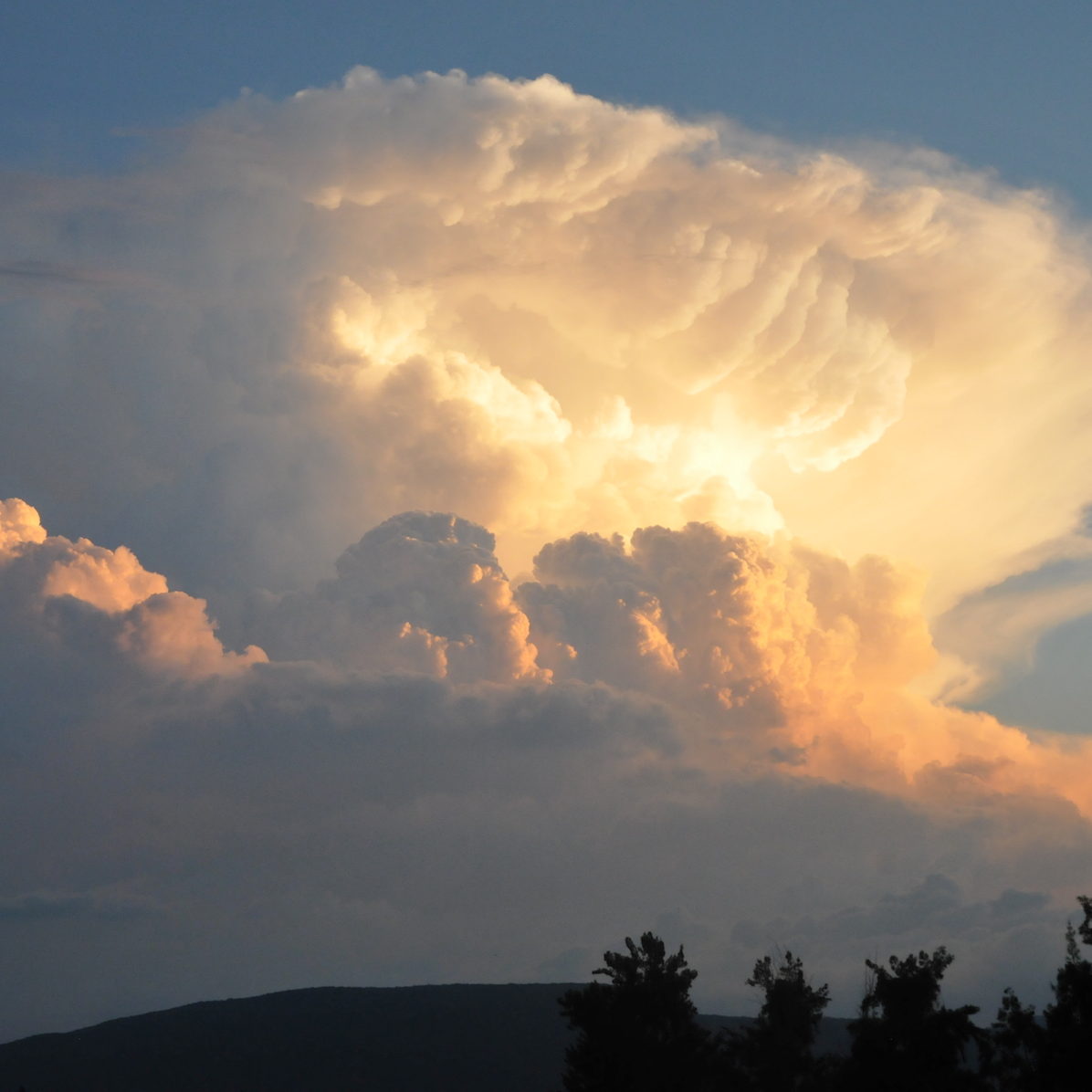Whether dinner is meatloaf or stew,
Or roast chicken a fork can cut through,
Or a salad of greens fresh with dew,
In a basement or room with a view:
The cuisine and the view don’t much matter
As long as I’m ‘round table with you.
(One thing I realized today is that the content of my poems depends a lot on the form I decide to use. I have the day’s prompt, and sometimes I have a thought that I want to follow, but if I go to a certain form, my theme may completely change before I’m through, or if I don’t have a thought ahead, the form creates my “story.” That was certainly the case for this poem today, a “Hir a Thoddaid.” It’s a Welsh form, six lines. Lines 1-4 and 6 end with the same rhyme and have nine syllables. Line 5 is 10 syllables and there’s a rhyme toward the end of the line that’s repeated toward the beginning of the sixth line. Mine is the short /a/ in “matter” and “as.”)

